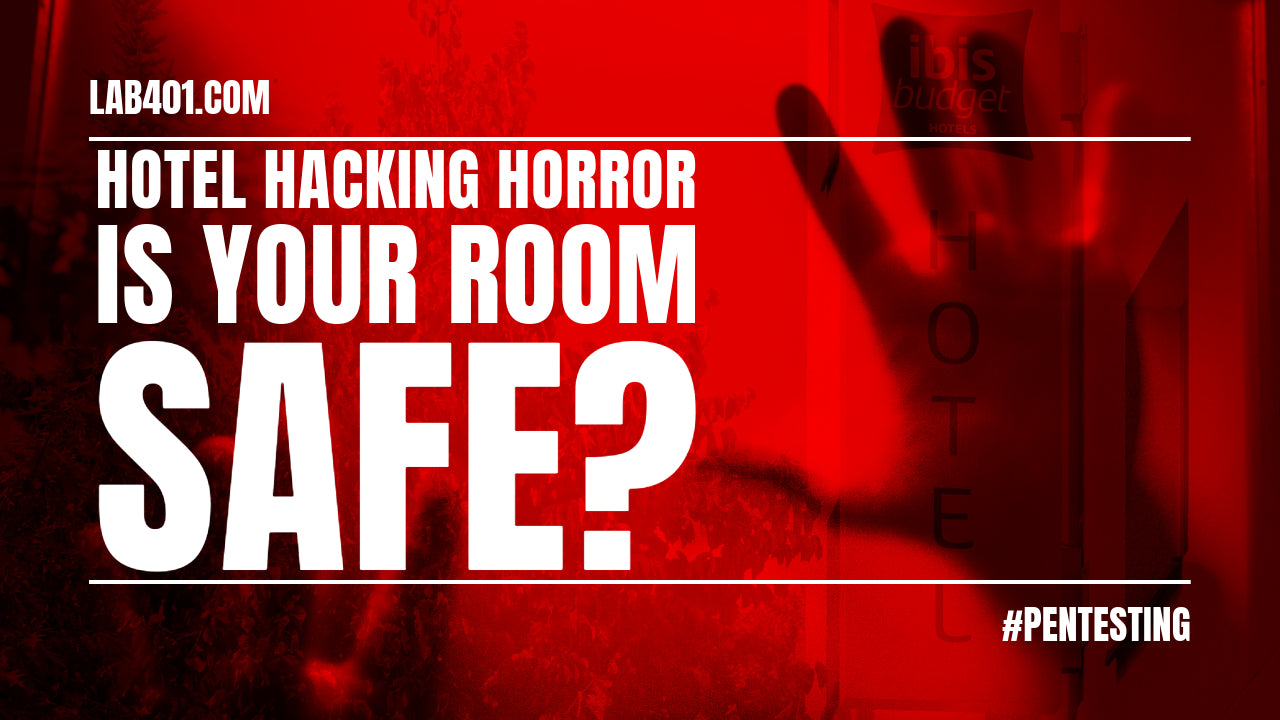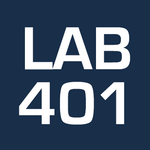
Hotel Hacking Horrors: Is Your Room Safe from Cyber Criminals?
In the wake of recent cybersecurity breaches, the hotel industry has been left reeling, with millions of guests wondering if their personal information and belongings are safe. The Unsaflok vulnerability and the IBIS hotel check-in terminal flaw have exposed the frightening reality that hotel security systems are not as impenetrable as we once believed.
The Unsaflok vulnerability, which came to light in March 2024, revealed a series of critical weaknesses in dormakaba's Saflok electronic RFID locks. These locks, used in over 3 million hotel rooms across 131 countries, were found to be susceptible to attackers creating forged keycards, allowing them to unlock any room in affected hotels. The implications of this vulnerability are chilling, as guests' safety and personal belongings were put at risk. Shockingly, as of March 2024, only 36% of the affected locks had been updated or replaced, leaving countless hotel rooms still vulnerable to potential break-ins.
Just when the hotel industry thought it couldn't get any worse, another critical vulnerability was discovered in IBIS hotel check-in terminals. Cybersecurity researcher Martin '------' Schobert of Pentagrid AG stumbled upon the flaw while attending a hacker congress in Hamburg. By simply entering a string of dashes instead of a valid booking ID, Schobert gained access to a list of bookings containing sensitive information, including room numbers and keypad codes. This vulnerability, with a CVSS score of 5.3 (medium severity), exposed the details of nearly half of the hotel's 180 rooms, leaving guests vulnerable to potential room break-ins and theft.
The discovery of the IBIS vulnerability so soon after the Unsaflok incident has left many questioning the state of hotel security. Are hotels doing enough to protect their guests' information and safety? The answer, it seems, is a resounding no.
To combat these growing security threats, hotels must prioritize the security of their guests' information and invest in robust access control systems. Pentagrid AG recommends implementing additional authentication measures, such as requiring PIN codes, to prevent unauthorized access to sensitive room data. They also advise hotel chains and vendors to promptly inform affected hotels about vulnerabilities and to remove bookings from terminals as soon as possible after they have been accessed.
As a traveler, it's crucial to remain vigilant and take steps to protect yourself during hotel stays. While it may not always be possible to know if a hotel's locks have been updated to address vulnerabilities, you can take precautions such as using additional physical locks like door chains or portable travel locks. Keeping valuables in the hotel room safe or carrying them with you can also help minimize the risk of theft.
The Unsaflok and IBIS vulnerabilities serve as a wake-up call for the hotel industry and travelers alike. Hotel security is an ongoing battle that requires constant attention and improvement. As an industry, hotels must prioritize the safety and security of their guests, investing in regular security audits, employee training, and up-to-date access control systems.
At LAB401.com, Europe's leading supplier of pentesting products, we are committed to providing the tools and resources necessary to help organizations and individuals protect themselves against the latest cybersecurity threats. By staying informed and proactive, we can work together to ensure a safer future for travelers and the hospitality industry as a whole.
#HotelHacking #RoomSecurity #CyberCrime #Unsaflok #IBISHack #TravelSafety #DataBreach #Pentesting #LAB401 #CybersecurityAwareness

Laisser un commentaire